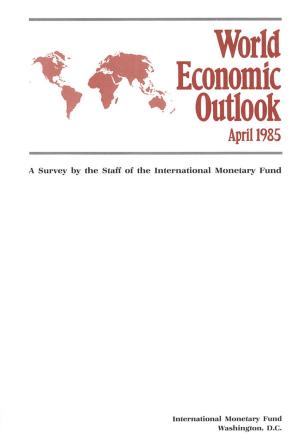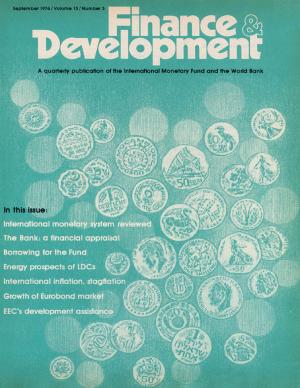Collecting Taxes During an Economic Crisis: Challenges and Policy Options
Business & Finance, Economics, Money & Monetary Policy, Macroeconomics| Author: | John Brondolo | ISBN: | 9781452786650 |
| Publisher: | INTERNATIONAL MONETARY FUND | Publication: | July 14, 2009 |
| Imprint: | INTERNATIONAL MONETARY FUND | Language: | English |
| Author: | John Brondolo |
| ISBN: | 9781452786650 |
| Publisher: | INTERNATIONAL MONETARY FUND |
| Publication: | July 14, 2009 |
| Imprint: | INTERNATIONAL MONETARY FUND |
| Language: | English |
The global financial and economic crisis presents major challenges for tax agencies. With the economic downturn, tax agencies are encountering emerging compliance problems and greater demands for taxpayer support in the face of prospective budget cuts. To help address these challenges, this paper encourages tax agencies to develop a tax compliance strategy for the crisis by (1) expanding assistance to taxpayers, (2) refocusing enforcement on emerging compliance risks, (3) enacting legislative reforms that facilitate tax administration, and (4) improving communication programs. In each of these areas, the paper identifies specific measures to underpin the strategy, drawing on practices from leading tax agencies and experiences from IMF technical assistance. The paper also highlights emerging tax compliance issues in the financial sector.
The global financial and economic crisis presents major challenges for tax agencies. With the economic downturn, tax agencies are encountering emerging compliance problems and greater demands for taxpayer support in the face of prospective budget cuts. To help address these challenges, this paper encourages tax agencies to develop a tax compliance strategy for the crisis by (1) expanding assistance to taxpayers, (2) refocusing enforcement on emerging compliance risks, (3) enacting legislative reforms that facilitate tax administration, and (4) improving communication programs. In each of these areas, the paper identifies specific measures to underpin the strategy, drawing on practices from leading tax agencies and experiences from IMF technical assistance. The paper also highlights emerging tax compliance issues in the financial sector.















